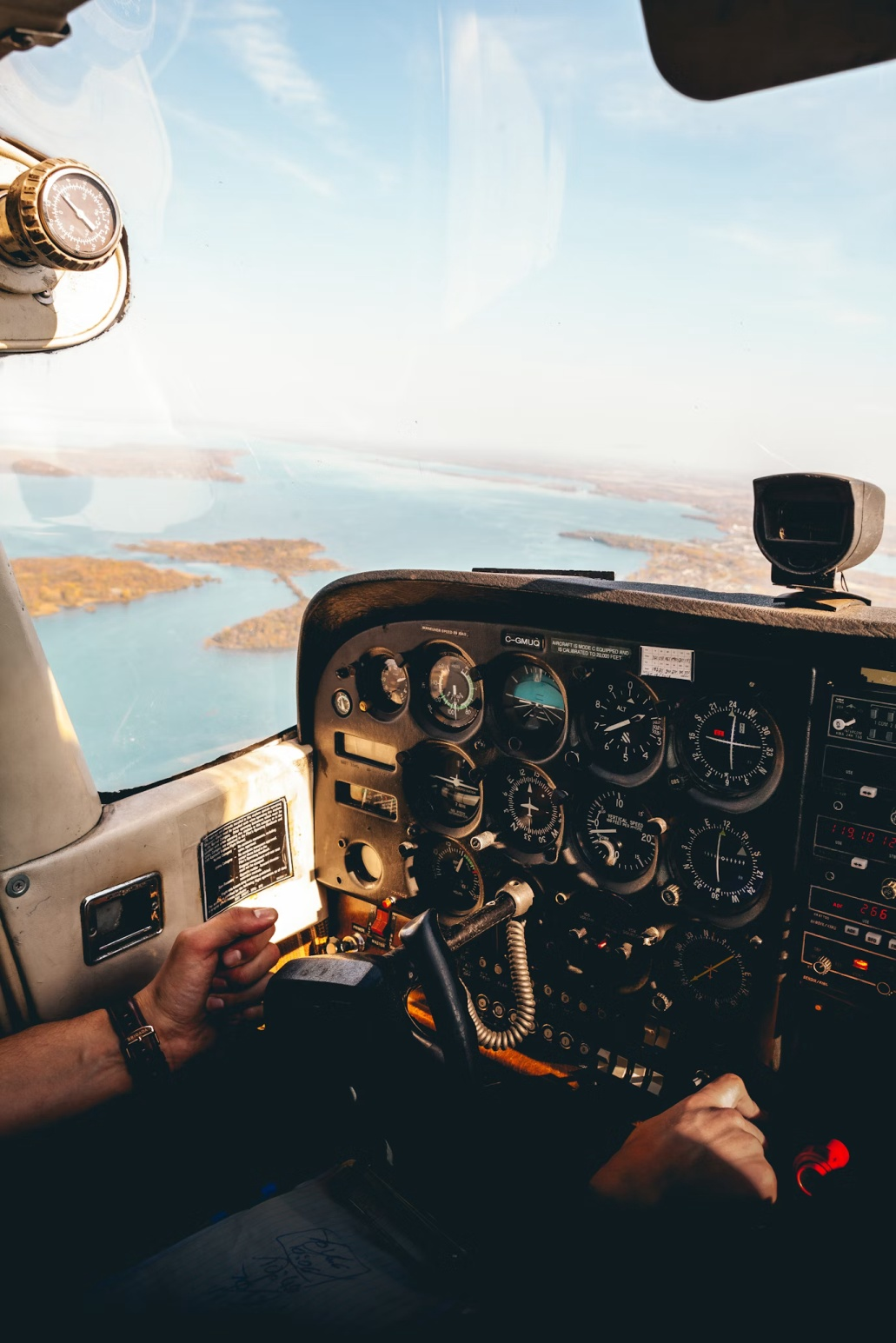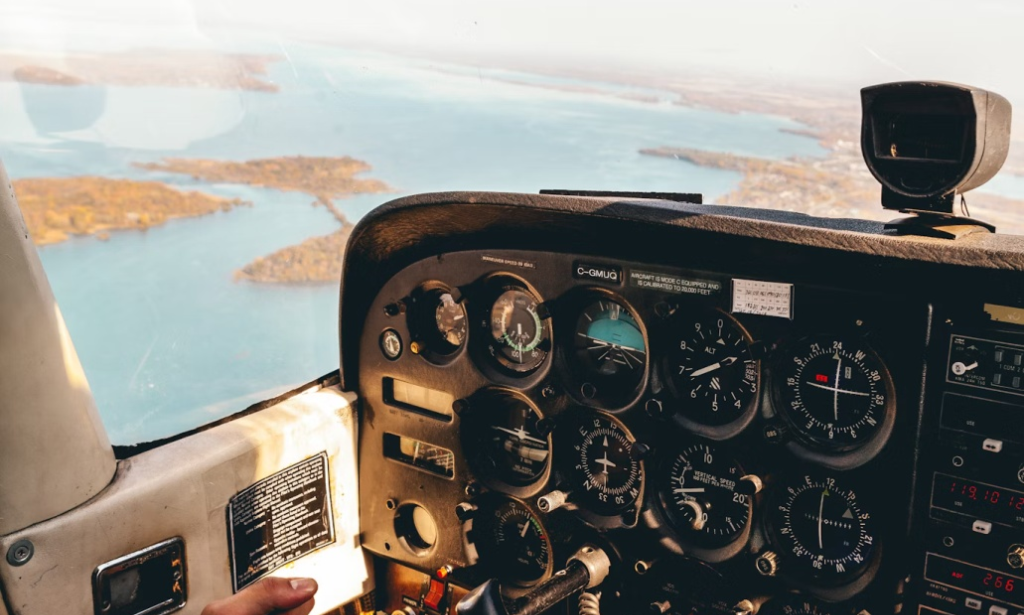
Safety is still the paramount concern in aviation, and it overshadows all other aspects of operations.
General Familiarization (Gen Fam) courses serve as a critical linchpin in the aviation safety ecosystem. These courses delve into the intricacies of various aircraft systems, operations, and maintenance practices.
Join us as we explore the multifaceted role of Gen Fam courses in bolstering aviation safety. Let's reflect on how these courses shape the industry's approach to preventing accidents and incidents.
Bridging Knowledge Gaps
Gen Fam courses are pivotal in aviation safety primarily because they bridge essential knowledge gaps between theoretical learning and its practical application in the field.
This bridging is important to ensure that aviation professionals, irrespective of their role within the industry, possess a comprehensive understanding of aircraft systems, operational procedures, and the critical safety implications of their work.
Through detailed exploration of aircraft mechanics, avionics, and operational protocols, Gen Fam courses equip participants with a nuanced understanding of the aircraft they work with.
By converting abstract theoretical concepts into tangible skills and knowledge, these courses enhance the aviation sector's overall safety and operational integrity.
Enhancing Maintenance and Operational Standards
The role of General Familiarization courses in enhancing maintenance and operational standards cannot be overstated. By providing an in-depth look at the intricacies of aircraft systems and the best practices for their maintenance and operation, these courses elevate safety and reliability standards within the aviation industry.
For maintenance personnel, detailed insights into aircraft systems and components enable the identification and rectification of potential issues before they evolve into safety hazards. For operations staff, understanding the technical and operational capabilities of the aircraft allows for more informed decision-making.
Furthermore, Gen Fam courses underscore the importance of rigorous adherence to maintenance schedules and protocols. They reinforce the industry's commitment to preventive maintenance as a cornerstone of aviation safety.
Promoting a Safety-First Culture
General Familiarization courses play a critical role in promoting a safety-first culture within aviation organizations.
By integrating safety protocols, risk management strategies, and case studies of past incidents into the curriculum, these courses emphasize the paramount importance of safety in all aviation operations. Safety is seen as an intrinsic value that guides every action and decision.
The courses encourage the development of proactive safety measures; they empower individuals to follow established safety procedures and continually seek ways to improve those practices.
Gen Fam courses cultivate an organizational culture where every member feels accountable for maintaining the highest safety standards. This collective commitment to safety significantly reduces the risk of accidents and incidents.
Understanding Emergency Procedures
General Familiarization courses stand out for their comprehensive coverage of emergency procedures. They equip aviation professionals with the knowledge and confidence to respond effectively in crisis situations.
These courses meticulously detail the various emergency scenarios that can arise during flight operations, including system failures, in-flight medical emergencies, and emergency landings. Participants learn the importance of decisive leadership and clear communication under pressure.
By simulating real-life emergencies within a controlled learning environment, Gen Fam courses prepare individuals to manage unexpected events and execute emergency protocols with precision. This understanding reinforces the overarching goal of aviation safety: to preserve the well-being of passengers and crew through preparedness and expert knowledge.
Compliance with Regulatory Standards
Staying abreast of and complying with international regulatory standards is paramount in aviation. General Familiarization courses serve as a critical link between regulatory bodies and aviation professionals. They ensure that all operations adhere to the highest safety and operational standards.
These courses provide an up-to-date overview of regulations set by key authorities like the Federal Aviation Administration (FAA) in the United States, the European Union Aviation Safety Agency (EASA), and the International Civil Aviation Organization (ICAO) globally. By understanding the rationale behind these regulations and the processes for ensuring compliance, participants are better equipped to implement best practices in their daily operations.
Additionally, these courses highlight the consequences of non-compliance in terms of legal repercussions and, more importantly, in terms of potential impacts on safety and operational integrity. By fostering a deep respect for regulatory standards, Gen Fam courses contribute significantly to the culture of safety that underpins the aviation industry.
Fostering Team Collaboration
The complex nature of aviation operations necessitates seamless collaboration among various teams and departments. General Familiarization courses underscore the importance of this collaboration. They offer insights into different team members' roles and responsibilities within the broader context of aircraft operation and safety.
These courses encourage open communication and mutual respect. Participants learn the value of diverse perspectives and the strength of decision-making that incorporates input from across the aviation spectrum. This collaborative approach enhances operational efficiency and reinforces the collective commitment to safety.
Advancing Technology and Innovation
General Familiarization courses play a pivotal role in demystifying the latest innovations in aviation. These courses delve into the forefront of aerospace technology. They cover emerging trends like unmanned aerial vehicles (UAVs), advanced composite materials, and next-generation propulsion systems. By offering insights into how these technologies enhance aircraft performance, safety, and environmental sustainability, Gen Fam courses equip aviation professionals with the knowledge required to contribute to the development of future aircraft.
Moreover, these courses emphasize the role of innovation in solving the industry's most pressing challenges (e.g., reducing carbon emissions and improving global connectivity). Participants are encouraged to think creatively and apply their knowledge in ways that push the envelope of what's achievable.
Gen Fam courses inspire a culture of continuous improvement and innovation within the aviation community. This forward-thinking approach prepares professionals to lead the industry toward a more efficient, safe, and sustainable future.
Continuous Learning and Adaptation
The aviation industry is characterized by its dynamic nature. General Familiarization courses underscore the importance of continuous learning and adaptation for aviation professionals to stay relevant and effective in their roles. These courses provide a foundation for lifelong learning.
Participants learn the value of staying updated with the latest industry trends, regulatory changes, and best practices through various channels (including professional development programs, seminars, and industry publications).
Furthermore, Gen Fam courses teach the skills necessary for adaptation, e.g., critical thinking, problem-solving, and flexibility. By fostering an environment where continuous learning and adaptation are part of the professional ethos, Gen Fam courses ensure that the aviation workforce is well-prepared to meet today's demands and tomorrow's challenges.
About the Author
The author is an aviation expert presently working at Gen Fams. They provide a range of General Familiarization courses, including the 737 Gen Fam course, A320 Gen Fam course, A321 Gen Fam course, B747 Gen Fam course, and B777 Gen Fam course, among others. They cater to a diverse audience of aviation professionals, enthusiasts, and academics seeking to deepen their understanding of aircraft operations, maintenance, and engineering.



You must be logged in to post a comment.